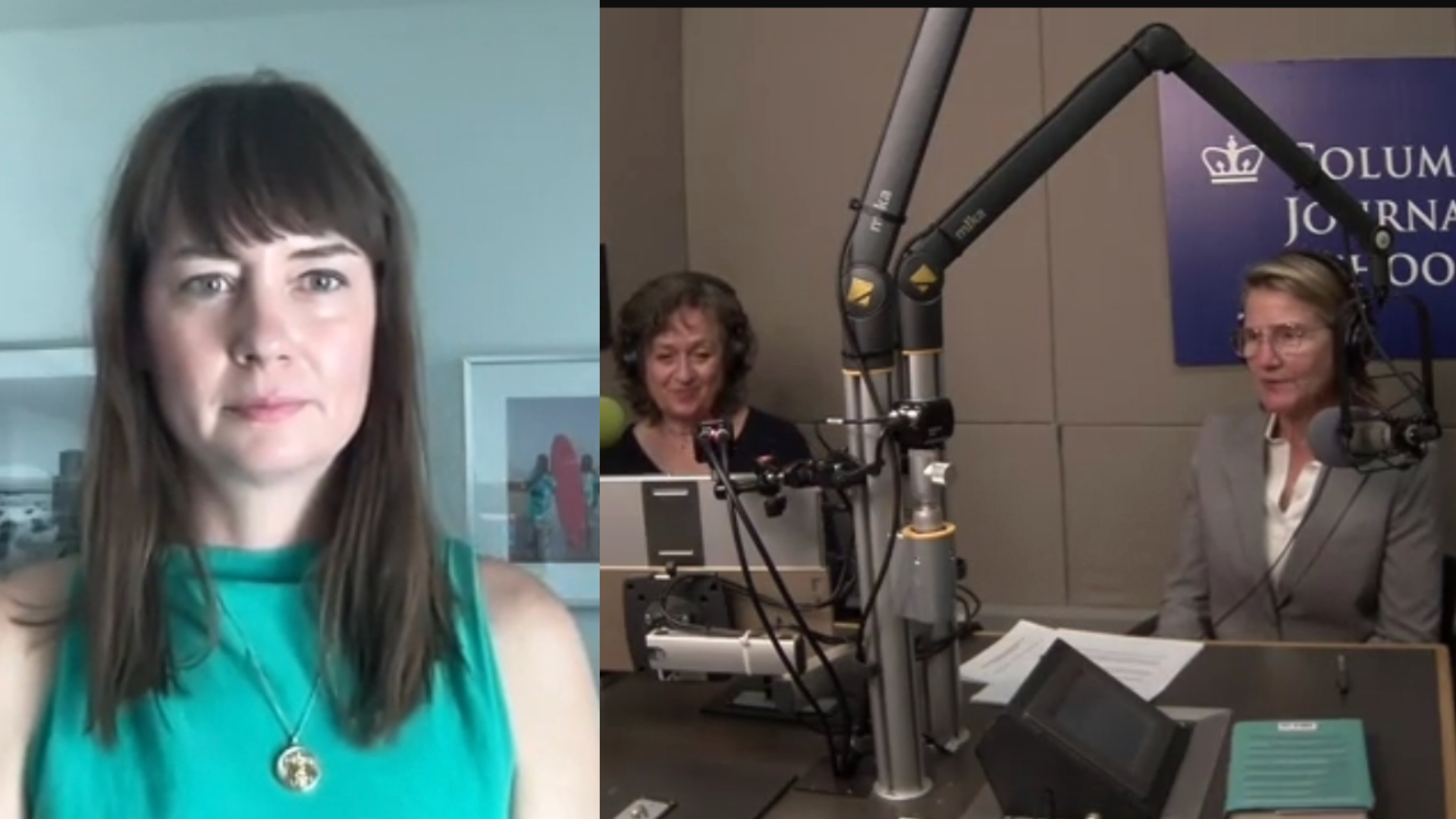“The most important thing that people need to understand when they're looking at plastic is that it is trash. It is not valuable. It cannot and will not be turned into something new without great expense that nobody's going to pay for.”
--- NPR correspondent Laura Sullivan, “Waste Land”
Reporting for NPR’s Planet Money, investigative correspondent Laura Sullivan found herself sifting through boxes of decades-old archives, and stumbled upon 50-year-old oil and gas industry trade notes. They led her to one compelling central source – a regretful oil “big whig” – and down a reporting path about the damning history and the questionable future of plastic recycling.

